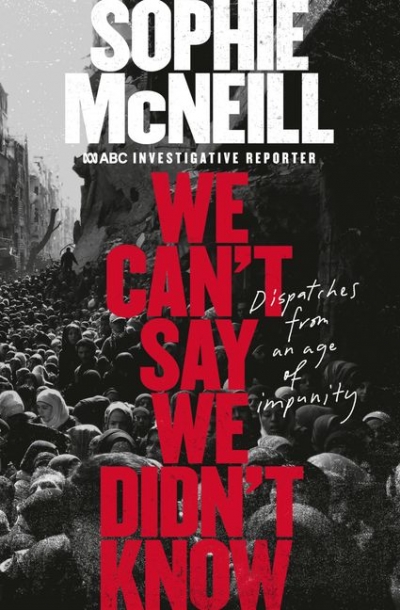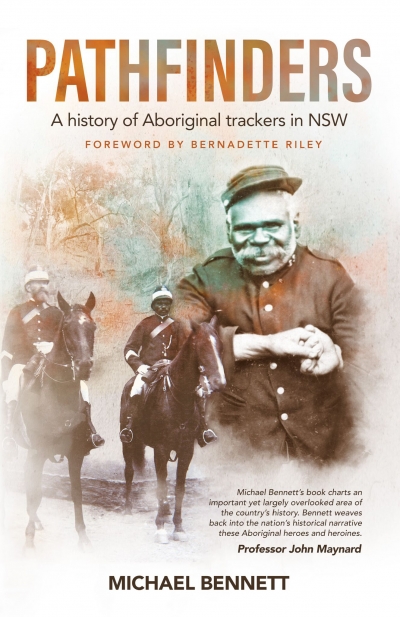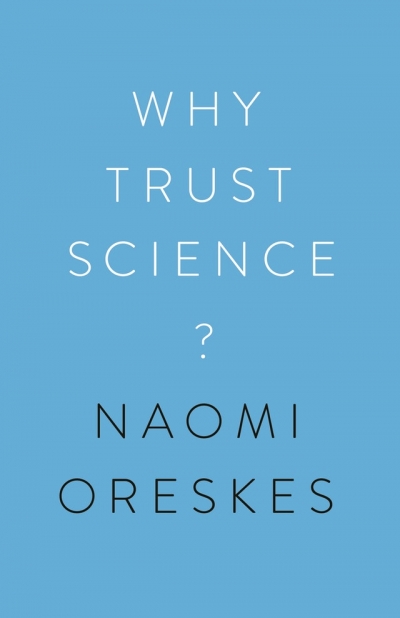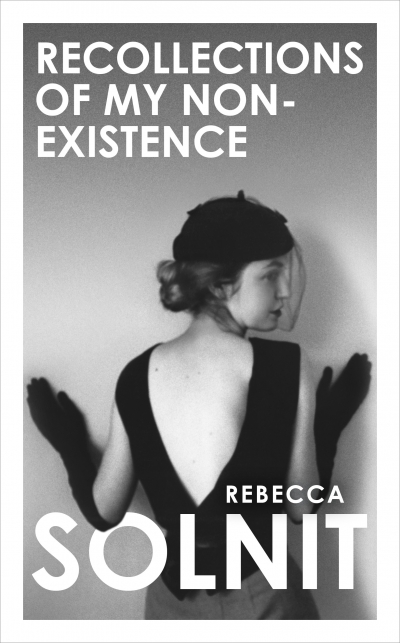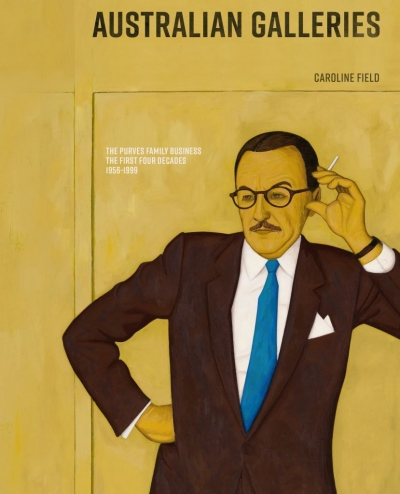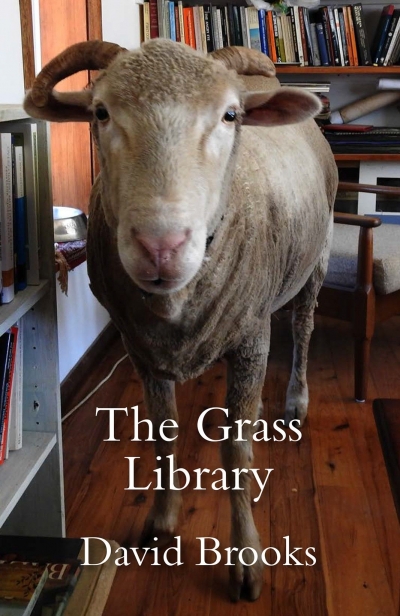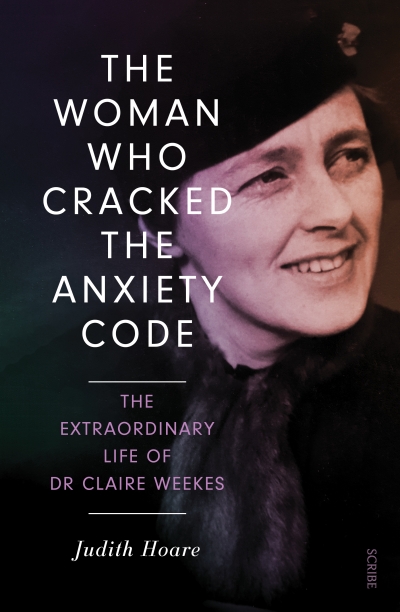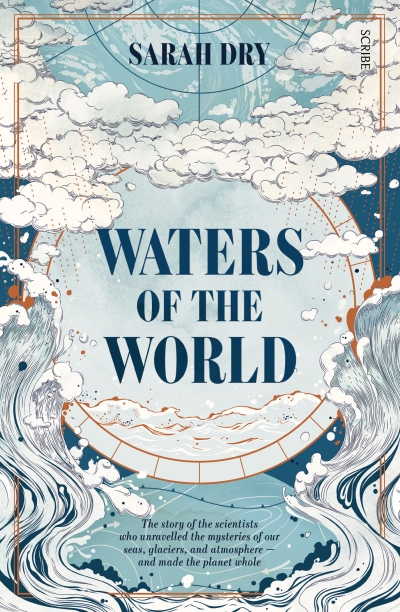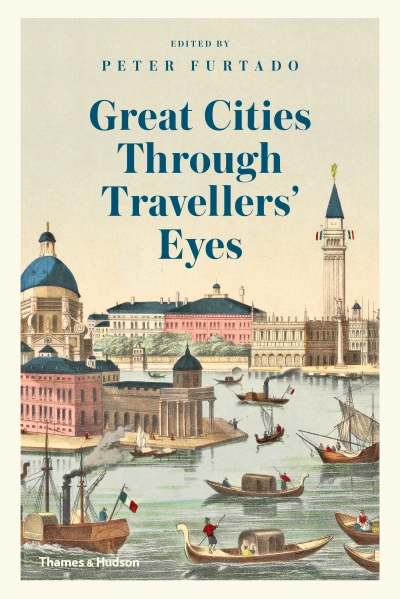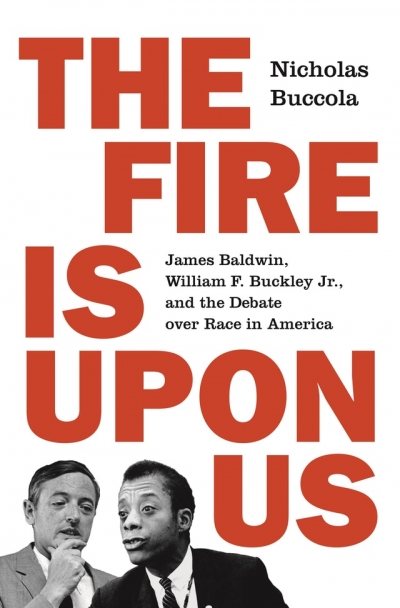Non Fiction
We Can’t Say We Didn’t Know: Dispatches from an age of impunity by Sophie McNeill
In 1991, French sociologist Jean Baudrillard provocatively claimed that ‘the Gulf War did not take place’. His argument was not a denial of the violence, suffering, and death experienced by civilians but rather that those very realities were absent in the mediatised consumption of the conflict. Dominant discourses reproduce the key events of the age, and the distant spectator can hardly escape the saturation of simulated symbols they entail. In Baudrillard’s words, ‘the warriors bury themselves in the desert leaving only hostages to occupy the stage, including all of us as information hostages on the world media stage’.
... (read more)Pathfinders: A history of Aboriginal trackers in NSW by Michael Bennett
The Aboriginal tracker is a stock character in certain Australian films, employed as set dressing, catalyst, curio. Although fictional trackers have been celebrated on celluloid, few real trackers have been given life within the national memory. Some people may recall Billy Dargin and his role in locating and shooting Ben Hall. Others might think of Dubbo’s Tracker Riley, or Dick-a-Dick, who found the missing Cooper and Duff children near Natimuk in 1864 when they had been given up for dead.
... (read more)In lectures delivered at Princeton University in November 2016, science historian Naomi Oreskes asked why, at a time when the epistemological and cultural relevance of science is subject to increasing doubt, we should still have confidence in science as our primary source of knowledge about the physical world. Why Trust Science? is the culmination of those lectures, and includes not only Oreskes’s appraisal of the scientific method but also four commentaries on the lectures. It is a work predicated, rightly or wrongly, on the assertion that the eminence of science ‘can no longer be maintained without argument’.
... (read more)Who better to shepherd us through a once-in-a-century pandemic than Rebecca Solnit? The prolific essayist, activist, and critic has long acted as a lodestar for progressives to follow in times of despair, providing encouragement to find Hope in the Dark (2004), as she did in a collection of essays after the beginning of the Iraq War, and demonstrating how human ingenuity can shine through in the wake of a disaster like Hurricane Katrina in A Paradise Built in Hell (2009).
... (read more)Australian Galleries: The Purves family business: The first four decades 1956–1999 by Caroline Field
Australian Galleries opened in Melbourne in June 1956. One year later, Andy Warhol established Andy Warhol Enterprises in New York. Warhol’s art of making money became an art form in itself, with the artist elaborating that ‘good business is the best art’. Gallerists Anne and Tam Purves would have agreed. This husband-and-wife team took selling art seriously and introduced a professionalism unlike anything that had existed in Melbourne. Their new modern enterprise occupied a converted front section of their Derby Street paper-pattern factory in the working-class suburb of Collingwood. While the couple had no experience in art dealership or gallery management, they were confident that the arts were ready for something different. Anne, accomplished in commercial design, had considerable artistic aspirations, while Tam merely transferred his well-established business acumen across the factory threshold into their smart new premises. As with any business venture, timing was important, and they capitalised on the leverage that the 1956 Olympic Games brought to Melbourne.
... (read more)From the Man’s horse ‘blood[ied] from hip to shoulder’ in Banjo Paterson’s ‘The Man from Snowy River’ (1890) to the kangaroos drunkenly slaughtered in Kenneth Cook’s Wake in Fright (1961), non-human animals have not fared well in Australian literature. Even when, as in Ceridwen Dovey’s Only the Animals (2014), the author’s imagination is fully brought to bear on the inner lives of animals, their fate tends towards the Hobbesian – ‘solitary, poor, nasty, brutish, and short’ – reflecting back to us our own often unexamined cruelty. The rare exceptions, such as J.M. Coetzee’s Elizabeth Costello (2003), incorporating a fictionalised series of animal-rights lectures, serve only to point up the rule.
... (read more)The Woman Who Cracked the Anxiety Code: The extraordinary life of Dr Claire Weekes by Judith Hoare
On Boxing Day 1962, The Australian Women’s Weekly opened with a two-page spread on a new publication, Self Help for Your Nerves, by Sydney physician Dr Claire Weekes. Her four precepts for people suffering from ‘nerves’ appeared in huge, bold type: facing, accepting, floating, and letting time pass. Positive reviews followed, including one by Max Harris in ABR’s December 1962 issue. Wary of the ‘help yourself psychiatry’ genre, Harris was quickly persuaded by its ‘particular excellence’. The book went on to become a bestseller in the US and UK markets, and Weekes followed it up with four more.
... (read more)Waters of the World: The story of the scientists who unraveled the mysteries of our oceans, atmosphere, and ice sheets and made the planet whole by Sarah Dry
The publication of Rachel Carson’s book Silent Spring (1962) is widely regarded as one of the key moments in the development of the global environment movement. In the wake of Silent Spring, science fiction writer Frank Herbert published the first of the Dune series in 1965. Herbert presented complex descriptions of alternate planetary ecologies, with influential characters known as ‘planetologists’ (a new film version is due out this year). In 1972, the image of the ‘Blue Marble’ was released, a photo of Earth taken by the Apollo 17 crew on their way to the moon, also widely considered to be critical in influencing public understandings of our finite planet. Each of these developments extended a long history of exploratory research, experimentation and imagination about the deep and complex connections of Earth systems. Sarah Dry’s Waters of the World investigates six critical figures in this history.
... (read more)‘The tourist travels in his own atmosphere like a snail and stands, as it were, on his own perambulating doorstep to look at the continents of the world. But if you discard all this, and sally forth with a leisurely and blank mind, there is no knowing what may not happen to you.’ Thus, in 1928, British writer Freya Stark, an intrepid traveller, described the distinction between a traveller and a tourist. British historian Peter Furtado’s new anthology, Great Cities Through Travellers’ Eyes, is squarely aimed at the former. In it he collects the writings of a diverse group of writers about thirty-eight different cities, over a period dating from ancient times to the 1980s (more on that later). Some writers, such as Marco Polo, Hans Christian Anderson, and Simone de Beauvoir, are well known, others less so.
... (read more)The Fire Is Upon Us: James Baldwin, William F. Buckley Jr., and the debate over race in America by Nicholas Buccola
Rising to the lectern amid a tightly packed crowd in the Cambridge Union’s debating hall, James Baldwin began quietly and slowly to speak. ‘I find myself, not for the first time, in the position of a kind of Jeremiah.’ It was February 1965, and Baldwin was in the United Kingdom to promote his third novel, Another Country (1962). Baldwin’s British publicist had asked the Union if they would host the author. Peter Fullerton, the Union’s president, was quick to seize this opportunity, on one condition: that Baldwin participate in a debate.
... (read more)

